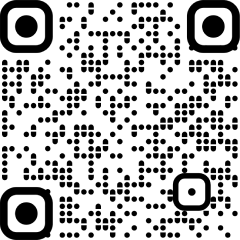The Commercial Dispute Conclave 2024, organized by ETLegalWorld at Eros Hotel, New Delhi, concluded with a visionary address by Justice Manmohan, Acting Chief Justice of the Delhi High Court. Justice Manmohan spoke on the role of technology in dispute resolution, changing face of commercial law in India.
Justice Manmohan reflected upon the progress made in India to integrate technology within the legal framework and said, “Technology in dispute resolution is not just an enabler; it is a game changer.” He spoke more on how such innovations as AI-driven tools, virtual hearings, and blockchain-based evidence management are changing the way courts and arbitrators deal with commercial disputes.
Justice Manmohan explained that the nature of commercial litigation is indeed getting increasingly complex with every passing day because of rapid strides taken by technology and increased international trade. He said India, more precisely the Delhi High Court, has emerged as one of the most important jurisdictions for patent disputes involving smartphones. This he attributed to the global confidence in India’s judiciary system, saying, *”The commercial world believes that there will be justice at the end of the day, and our markets are so large that settling disputes here often settles them globally.”*The Acting Chief Justice spoke with great vigor on the felt need for an effective mechanism for dispute resolution, and shared success stories of the Commercial Courts Act, 2015, and the availability of ADR methods such as arbitration and mediation. He also pointed out the concerns regarding fluctuating arbitration awards that again resulted in further litigation, hampering the effectiveness of the process itself.
Justice Manmohan went on to address the application of AI in the judiciary, where he identified AI-enabled tools, such as *AI Saransh* and *AI Suvas*, which were designed and deployed for use in case management, opinion generation, and translation of judgments into Indian languages, further in facilitation of access to justice for litigants throughout the length and breadth of the country.
He then concluded by saying that the adoption of technology in dispute resolution is inevitable. He asked the legal fraternity to embrace this change because the commercial world in times to come will demand its implementation in order to avoid wastage of time and to bring efficiency. He concluded with the following words, which left the audience pondering: *”Even if you don’t think that you should use technology, the person we are dealing with is ultimately a merchant.”. He will insist that this technology is used in dispute resolution if he feels he is going to gain some benefit out of it.”*
The conclave marked an important discussion on the future of dispute resolution in India, with a focus on leveraging technology to meet the demands of a rapidly growing and increasingly complex commercial landscape.


